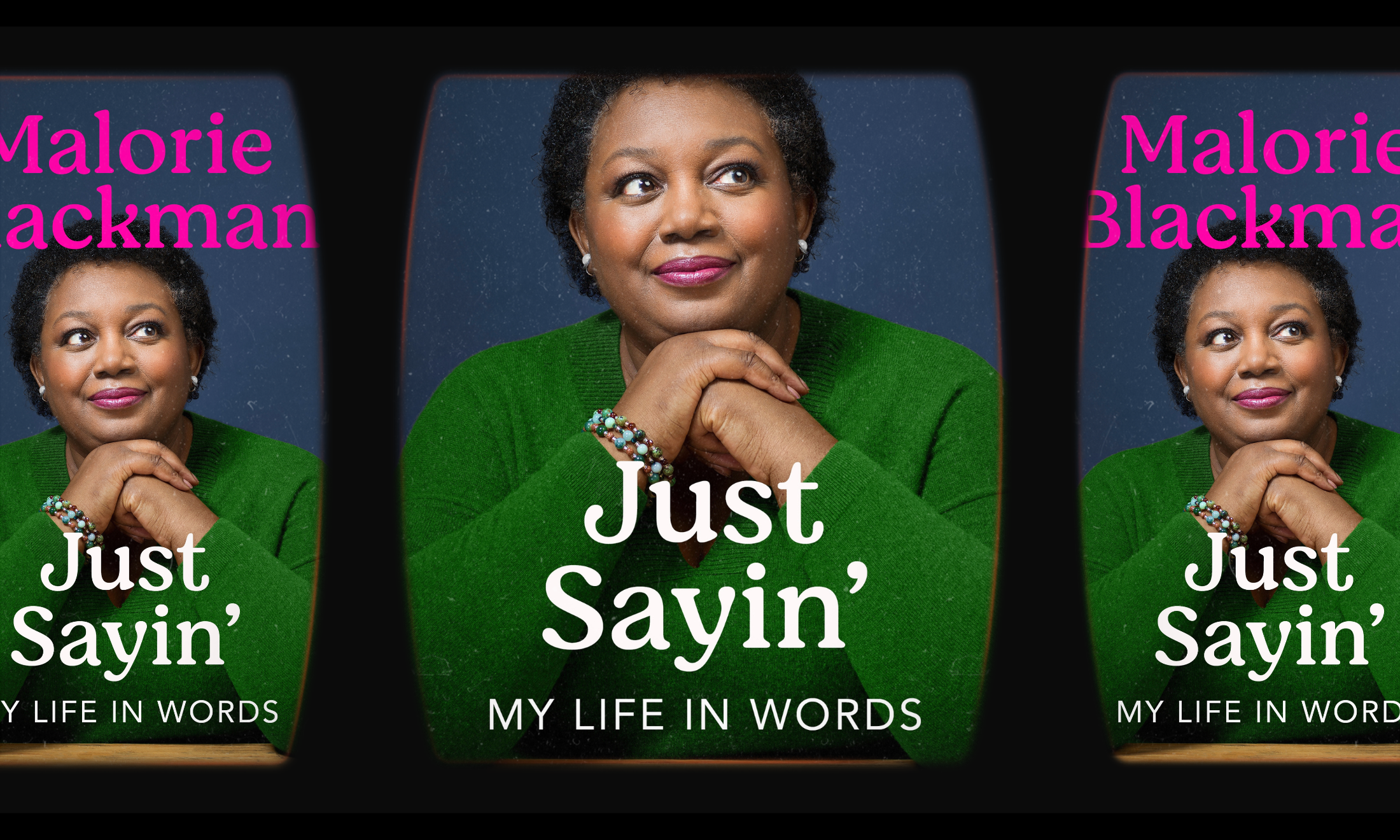
Yesterday I was on a train talking to a white person about race and I whispered the word “white”. Then I thought, why am I fearful of describing a white person by their skin colour? What am I scared of? Why do I feel physically silenced in conversations about race in public? In that moment of noticing my cautious proclivity, I thought of Reni Eddo-Lodge and her bold, momentous statement of exasperation and despair for white people’s wilful ignorance, which she turned into a book a year ago today.
The 28-year-old black British journalist put up a boundary for herself when she decided to stop talking to white people about race because she could “no longer engage with the gulf of an emotional disconnect that white people display when a person of colour articulates their experience”. It was only once she actively withdrew from the conversation that people turned to listen. Many were quick to label her exclusionary or racist, though her cry for change through a public silence largely prompted self-examination from all readers. Since its release, the book has received exceptional recognition, winning the Jhalak Prize and topping a number of polls.
Naturally, she’s done nothing but talk to white people about race since then, but putting up that boundary was a stark reminder to people of colour that it’s something they have the prerogative to do, and it also shone a spotlight on the famous invisibility of whiteness to white people. As she pointed out, “we tell ourselves that good people can’t be racist. We seem to think that true racism only exists in the hearts of evil people”, and it is a fiction at the root of the problem.
When Emma Watson acknowledged her white privilege and past ignorance in direct response to reading Reni’s book, encouraging her followers to do the same, it was a powerful moment in intersectional feminism. Why I’m No Longer was voted the most influential book written by a woman, allowing the colour line that so often alienates BAME women from traditional feminism to be smudged.
After receiving her number one spot by public vote, Reni said: “What an honour! My book, less than a year old, is a baby compared to the titans and bonafide classics on this shortlist. In fact I think we need a few more years to really determine if it’s really changed the world. However, I will respect this public vote.”
After a year, though it is difficult to track tangible change from the book, race is clearly becoming more and more prominent in national and global conversations. In the year since her book, all-black films like Black Panther are smashing box office records, boundaries in intersectionality are being addressed more and more in the mainstream, increased social consciousness meant government faced a Windrush backlash it wasn’t prepared for, Starbucks had to carry out racial bias training, and a black Bishop preached a political message followed by a gospel choir at the Royal Wedding.
Reni’s book is proof that people can be heard from a position of marginalisation — the Sunken Place — and she’s given readers the support they need to tackle injustice. It is becoming more difficult to palm off race issues to the US where it is perhaps in some ways more blatant and tangible. The UK has an ugly, underplayed kind of racism, hidden behind the excessive politeness we’re so famous for, and grown from cultural amnesia. There is no need to state the obvious that the fight for justice continues, but Reni has made a great step on this journey.









